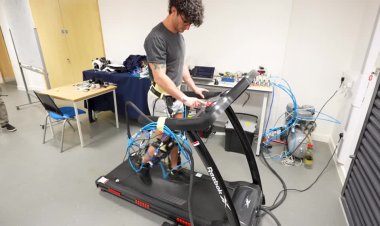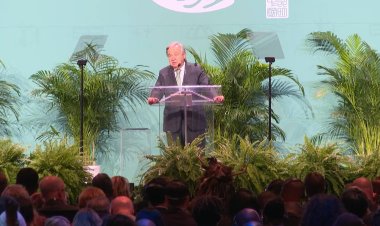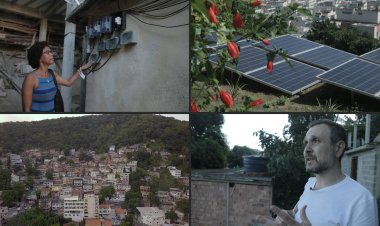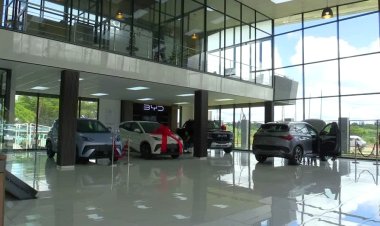Slovak Protest Over Criminal Code Reforms
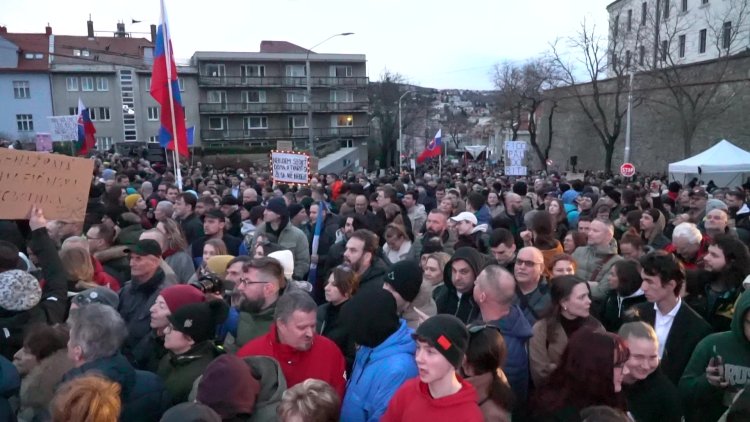
Several thousand people gathered in front of the Slovak parliament in Bratislava to protest criminal code reforms on course to be passed despite sharp criticism from notably the EU.
The changes, which prompted a wave of anti-government protests, include easing the penalties for corruption and economic offenses in the EU and NATO country of 5.4 million.
The parliament is expected to pass the controversial reforms via a fast-tracked legislative procedure, a step that has drawn condemnation from the president and the opposition lawmakers.
In its overhaul package, the ruling coalition also plans to abolish a specialized prosecutor's office that oversees cases of high-level corruption, which the coalition alleges has treated it unfairly.
The opposition claims that populist Prime Minister Robert Fico intends to favor businessmen and oligarchs with close ties to his Smer-SD party, endangered by the investigation into their wrongdoings.
European Union officials also denounced the reform plans.
"We have asked the Slovak government not to advance on the intended reforms as yet. And especially not to resort to fast track procedure without proper and thorough consultation with stakeholders," a European Commission's spokesman said in January.
Following sharp criticism, the government has watered down the bill, proposing higher penalties for some offenses but this step has failed to silence the critics.
The topic of the criminal code reforms is expected to influence the result of the upcoming presidential election scheduled for March.
A total of ten candidates run for president in Slovakia, with the first round to be held on March 23.
If no one candidate receives more than 50 percent of the ballot, a second round will take place on April 6.






